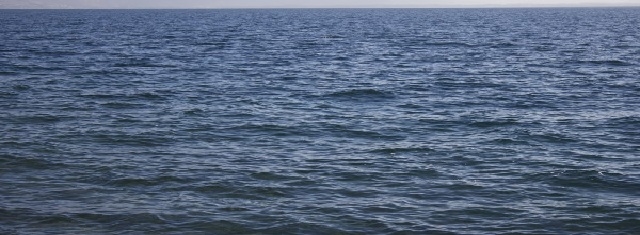Business
Agriculture & aquaculture industries increase demand for fishmeal & fish oil
The protein-rich byproducts

Fishmeal and fish oil are the protein-rich byproducts of smaller forage fish or low trophic level species like anchovy, herring, and krill that gather in immense schools on coastlines and in the open ocean. These little fish are the cornerstone of these ocean food webs ““ and increasingly, of food served on land as well. Fishmeal and oil are easily digestible products used in fertilizers and animal feed, ranging from beef and chicken (livestock) to salmon and tilapia (aquaculture).
As the agriculture and aquaculture industries increase their demand for fishmeal and fish oil, it has become a growing market for fisheries. In fact, seven of the world´s top ten fisheries (by volume) target forage (also known as low trophic level) fish, 90% of which are processed into fishmeal and fish oil.
Aquaculture has continued to increase its demand for fishmeal and fish oil because these products have a high nutritional value and are easily digestible by other fish.
Aquaculture has continued to increase its demand for fishmeal and fish oil because these products have a high nutritional value and are easily digestible by other fish.
Quality fishmeal provides a balanced amount of most essential amino acids, minerals, phospholipids and fatty acids, which help increase growth rates and overall production yields. These types of feeds are also absorbed more efficiently by cultured fish, which decreases water pollution levels and improves the efficiency of the production systems.
Due to their sensitivity to temperature and ocean acidification, forage species are particularly vulnerable to climate change.
Due to their sensitivity to temperature and ocean acidification, forage species are particularly vulnerable to climate change.
For instance, the effect of climate change can be seen in the transfer of nutrients through the food chain and the effects on oceanographic conditions that determine reproductive potential and survival. Changes in ocean temperature can also limit the availability of nutrients, as is the case with El Nino and La Nina events that disrupt upwelling systems. Ensuring sustainable fisheries strengthens the health of the fish stocks, and makes them more resilient to climate change impacts.
Excess nutrients from land-based fertilizers can lead to algal blooms, which deplete oxygen levels in the environments, which in turn threatens the survival of forage fish.
Because forage fish species are considered to be keystones of their ecosystems, it is important to harvest them responsibly. WWF helps these fisheries meet Marine Stewardship Council (MSC) certification standards, which set precautionary measures to ensure that fishing practices are sustainable. This includes limiting impacts on the ecosystem, and on the spawning stock biomass thus ensuring that enough fish are left in the water to regenerate what is taken out.
Source : WWF
R. BIRD
http://www.portfolio.uspa24.com/
Y. BEDDOU
http://www.yasmina-beddou.uspa24.com/
Because forage fish species are considered to be keystones of their ecosystems, it is important to harvest them responsibly. WWF helps these fisheries meet Marine Stewardship Council (MSC) certification standards, which set precautionary measures to ensure that fishing practices are sustainable. This includes limiting impacts on the ecosystem, and on the spawning stock biomass thus ensuring that enough fish are left in the water to regenerate what is taken out.
Source : WWF
R. BIRD
http://www.portfolio.uspa24.com/
Y. BEDDOU
http://www.yasmina-beddou.uspa24.com/
Ruby Bird Yasmina Beddou Protein Rich Byproducts Demand Fishmeal Fish Oil Agriculture Aquaculture Wwf
Liability for this article lies with the author, who also holds the copyright. Editorial content from USPA may be quoted on other websites as long as the quote comprises no more than 5% of the entire text, is marked as such and the source is named (via hyperlink).






